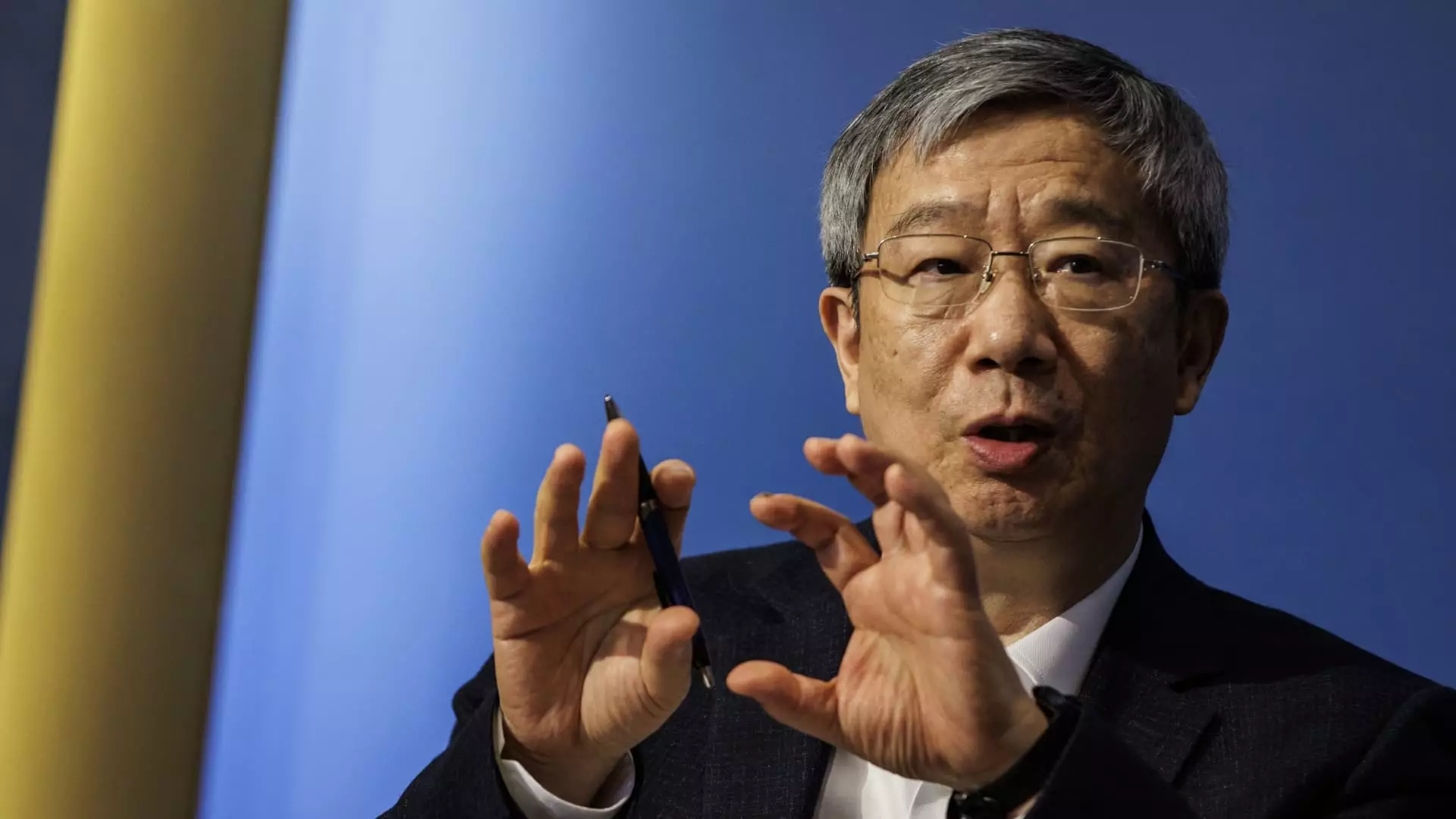China’s economic policymakers are currently facing the challenge of addressing deflationary pressures and boosting domestic demand. Former head of the People’s Bank of China, Yi Gang, emphasized the importance of focusing on proactive fiscal policy and accommodative monetary policy to stimulate economic growth during the Bund Summit in Shanghai. This article delves into strategies and initiatives that can be taken to improve the current economic situation in China.
Challenges in Domestic Demand
Despite high inflation in the U.S. and Europe, China has experienced a decline in consumer prices in recent years. The lackluster domestic demand has contributed to this trend, prompting the need for targeted policies to revitalize economic activity. The real estate market and local government debt problem have also posed challenges to boosting consumption in the country.
The People’s Bank of China has various monetary policy tools at its disposal, including the reserve requirement ratio, which determines the amount of cash banks need to hold. Zou Lan, director of the PBoC’s monetary policy department, highlighted the potential for further lowering the reserve requirement ratio to inject liquidity into the market. These measures are crucial in stimulating economic activity and boosting domestic demand.
Chinese policymakers have announced major support for a trade-in policy to encourage consumption and have taken steps to bolster the real estate market. However, sales and investments in new properties have continued to decline, posing a challenge to sustaining economic growth. Managing the housing crisis and ensuring sufficient domestic demand are critical priorities for policymakers.
The COVID-19 pandemic has further exacerbated the challenges of low consumer sentiment in China. Retail sales in major cities like Beijing and Shanghai have declined significantly, reflecting the uncertainty surrounding future income and the impact of the real estate market downturn on consumer wealth. These factors have contributed to the overall lackluster consumption in the country.
Former head of the Bank of Japan, Haruhiko Kuroda, highlighted the importance of avoiding prolonged deflation to prevent stagnation in wage growth. Drawing parallels with Japan’s experience, Kuroda emphasized the need for timely interventions to address deflationary pressures and stimulate economic activity. China’s policymakers can learn from Japan’s challenges and adopt proactive measures to support domestic demand.
Addressing deflationary pressures and boosting domestic demand are crucial priorities for China’s policymakers. By implementing proactive fiscal and monetary policies, supporting consumption, and addressing challenges in the real estate market, China can stimulate economic growth and improve living standards for its citizens. Learning from past experiences and adopting innovative strategies will be key to overcoming the current economic challenges in the country.

